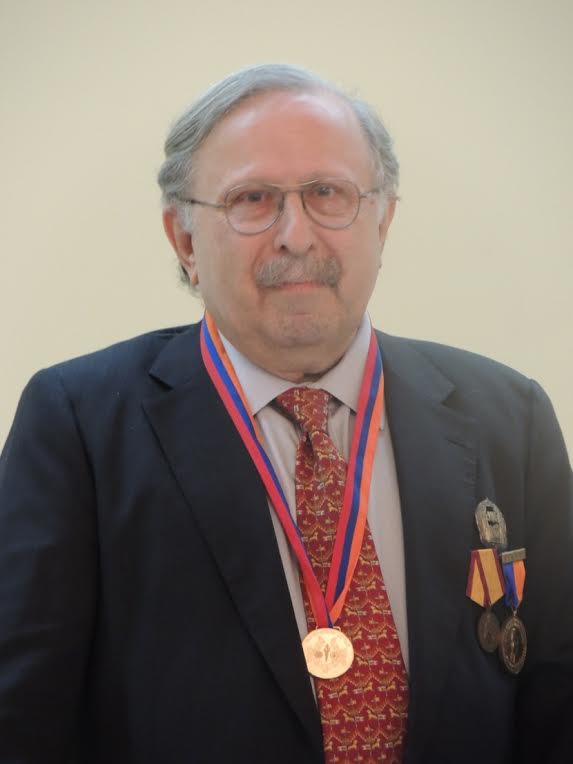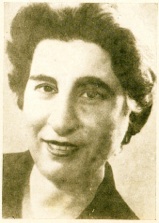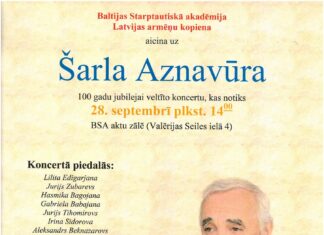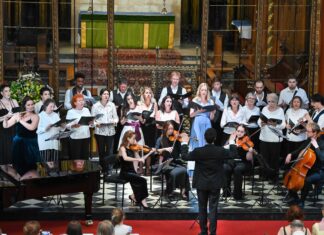NEW YORK — On March 12, Armenian pianist and musical promoter Şahan Arzruni delivered a brilliant concert which featured the work of eight female Armenian classical composers, at the National Arts Club.
Founded in 1898 by Charles de Kay, the National Arts Club is a cultural treasure located on Gramercy Park, whose role it is to promote public interest in the arts and educate Americans in the fine arts.
Between his presentation of each new composer, Arzruni delivered short but informative histories of the women: where they were from, what distinguished their respective compositions and how he was personally introduced to their works. Arzruni used humor to good advantage in relating anecdotes about the women, going back in time to their predecessors Sahakdukht and Khosrovidukht, who both lived in the 8th century and composed liturgical chants.
One particular anecdote which related a story about his maternal aunt, the renowned Bolsahai composer Sirvart Karamanuk, her mother-in-law and a dancing bear, had the audience in stitches.
The overarching message of the concert and presentation however, was more serious: to demonstrate that women have always been central to Armenian culture. In the case of Sahakdukht and Khosrovidukht, Arzruni posits that they may in fact have been the first female musicians in the world.
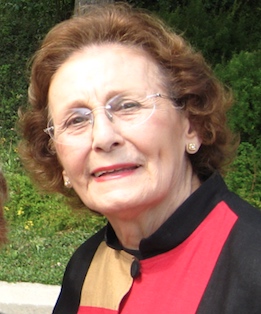
The Istanbul-born Arzruni, a noted composer, recitalist and ethnomusicologist who attended Juilliard and has been decorated with numerous awards and recognitions, began the two-hour presentation by performing three of Gayané Chebotaryan’s Six Preludes (1948). Born in Rostov-on-Don in Russia, Chebotaryan (1918-1998) was a composer, pianist and musicologist who taught for many years at the Komitas State Conservatory in Yerevan. A prolific composer for piano, she also created choral works and folk song arrangements. The Preludes run the gamut of musical expression, and as Arzuni explained, “they test the technical, tonal, harmonic, rhythmic, lyrical and percussive capabilities of the piano.” Here, the changes in rhythm and technique were all handled with rare aplomb. Chebotaryan was also a Khachaturian scholar and one could hear echoes of the master in the preludes as well.



